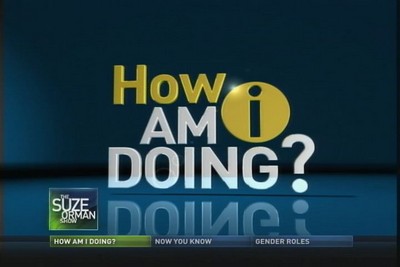At the Aug. 15 meeting, Barbara Braun,
who worked as a marketing director for a pharmaceutical company, said
she wasn't able to relocate to California when the company moved. ''I
have a mother with Alzheimer's, I think it would have killed her,'' she
said. ''Our lives are full of complications we didn't have at 35.''
They have no doubt that their age is held against them, yet work to
keep hopeful. When a woman suggested shaving a decade off her résumé and
not posting a photo on networking and job search sites to hide her age,
Mr. Fugazzie advised against it. ''When you go to the interview, you're
going to look like who you are,'' he said. ''To waste time hiding it
when you're only going to lose at the other end makes no sense. If they
don't want someone your age, you don't want them.''
What he
does recommend is lowering expectations. ''You're not likely to be the
department head,'' he said, ''so sell yourself as a team player who will
work with younger people and help train them.''
Since the
Supreme Court ruling,
most lawyers won't even take age discrimination cases. In an effort to
change that, a bill has been filed in the Senate each of the past
several years, aimed at making it easier to bring a discrimination
lawsuit.
The latest legislation has rare bipartisan support;
Senator Tom Harkin, Democrat of Iowa, and Senator Charles E. Grassley,
Republican of Iowa, are co-sponsors. ''Older Americans have immense
value to our society and our economy,'' Mr. Grassley said in
a recent news release. ''They deserve the protections Congress originally intended.''
In the last Congress, along with the Democratic majority in the
Senate, six Republicans backed the legislation, although two, both
moderates, Olympia J. Snowe of Maine and Scott P. Brown of
Massachusetts, are no longer in the Senate. Cristina Martin-Firvida, a
legislative specialist at AARP, says the bill has the votes to pass the
Senate, but to have a chance at becoming law, more Republican senators
would need to get behind it, which might then persuade the Republicans
who control the House to take up the measure.
At the Ridgewood
meeting, people discussed job-hunting strategies. Karen Clements, a
paralegal, said she had four résumés ready to go, each emphasizing a
different skill: bookkeeping, S.E.C. compliance, fraud investigation and
intellectual property rights.
She described a friend who is
dressed in business attire by 4 a.m. Mondays, so she'll be ready the
moment an opportunity is posted online. If the firm wants to do a Skype
interview, said Ms. Clements, her friend is dressed for Skyping. ''By
Tuesday they'll have 1,000 résumés and the window will be closed.''
''It's like Wayne Gretzky says,'' Ms. Braun told them: ''You have to skate to where the puck will be.''
They discussed the importance of following up any contact with
thank-you e-mails and handing out lots of business cards, though it's
tricky to identify yourself when you have no job. ''Be careful of the
title you give yourself -- you don't want to sound dated,'' said Ms.
Braun, whose business card reads, ''Barbara J. Braun, principal,
BarbaraJBraun LLC, Connect Goals to Extraordinary Outcomes.''











